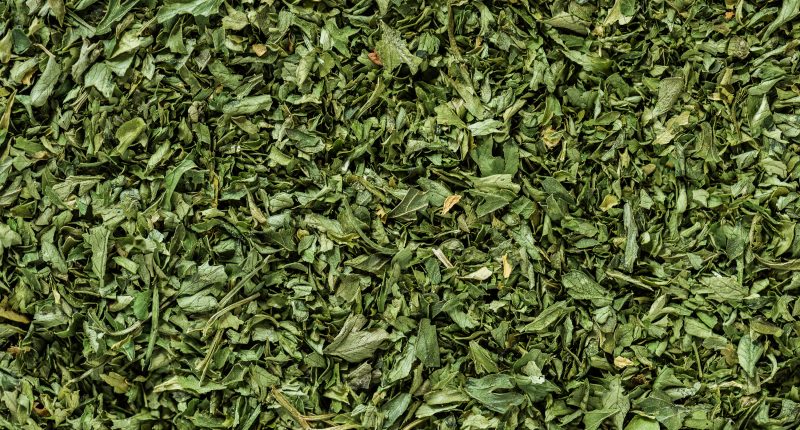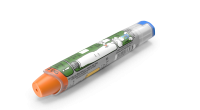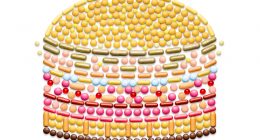Although still quite early, the discovering — like most of the most effective scientific discoveries — has been stumbled upon by accident.
They’re so unimaginably small they could penetrate to the nanopores of cancer cells and then burst them with a cytotoxic effect, thus consuming to 80 of percentage them.
Using nanoparticles is currently being researched in numerous distinct areas .
As an instance, businesses are also utilizing quantum-dot technologies to provide improved colour grade for televisions and screen and much more effective solar panels. They’re also helpful for tumor imaging since their varying construction gives them exceptional electrical properties if they are hit with mild.
On the other hand, the procedure for making them is complex, costly, and may have toxic side effects.
So, the group set out to make a more straightforward method of creating nontoxic nanoparticles, as detailed in the journal ACS Applied Nano Materials.
As it came into viewing that they had been good at cancer mobile bioimaging, the investigators detected something amazing: that the quantum dots seemed to be killing the cancer cells.
“Our research confirmed previous evidence that tea leaf extract can be a non-toxic alternative to making quantum dots using chemicals,” Dr Sudhagar Pitchaimuthu, lead writer on the project, clarified in a announcement.
“The real surprise, however, was that the dots actively inhibited the growth of the lung cancer cells. We hadn’t been expecting this.”
It needs to be highlighted that this does not imply drinking tea can stop or “cure” lung cancer.
As you have hopefully gathered, it is a hell of a lot more complex than that.
Additionally, it is very early days for this study. Dr Pitchaimuthu told BBC News they imagine there may be individual trials in a couple of decades and, all being well, possibly a viable remedy in a couple of years.
Even so, this tea-infused study proves that quantum dots may have some real promise in the area of cancer research and also outside. “The next step is to scale up our operation, hopefully with the help of other collaborators” said Dr Pitchaimuthu. “We want to investigate the role of tea leaf extract in cancer cell imaging, and the interface between quantum dots and the cancer cell. We would like to set up a ‘quantum dot factory’ which will allow us to explore more fully the ways in which they can be used.”









